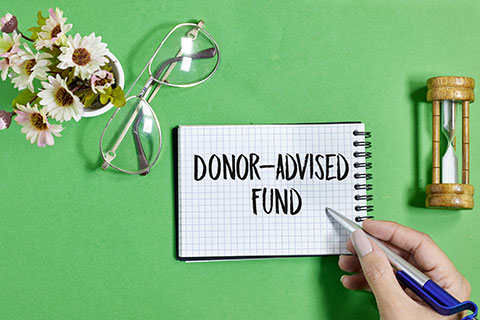
The Pentera Blog
Lower Birth Rates Present Opportunities (and Responsibilities) for Nonprofits as Childless Couples Are Apt to “Adopt” Charities
A drop in births in the U.S. presents opportunities and obligations for nonprofits as childless adults seek to “adopt” charities.
In 2020 the U.S. census recorded the lowest decade of relative population growth since the Great Depression and the second lowest in U.S. history. Meanwhile, according to the Pew Research Center, the percentage of non-parents younger than 50 who say they are “not too likely” or “not at all likely” to have children rose from 37% in 2018 to 44% in 2021. All this comes despite a more than 9% increase in the number of women of prime child-bearing ages (20-39) since 2007.
So, what does this mean for nonprofits?
First, during the lifetime of these childless adults, nonprofits can expect greater annual gifts and more volunteers. Research by Professor Russell James has shown that childless individuals give significantly more to charity during their lives and volunteer more.
Second, further down the road, nonprofits can expect greater estate gifts from these individuals. Pentera’s groundbreaking Planned Giving Study conducted by the Lilly Family School of Philanthropy found that average and median charitable bequests from donors without children were significantly higher than bequests from those with children or grandchildren. Among the hundreds of bequests examined, the average bequest from a childless donor was more than $1.2 million compared to an average bequest of $580,844 from donors with children.
As Pentera CEO and president Claudine Donikian pointed out in an interview for an article that appeared in the Chronicle of Philanthropy, childless individuals will often “adopt” charities, leading to very long-term relationships. But, she adds, this means nonprofits must be prepared to steward those relationships for the long haul.
“As you’re prioritizing whom to build relationships with, it would be strategic to keep the childless on your radar screen,” Ms. Donikian also stated in the Chronicle of Philanthropy. “It’s very important to start those relationships early and to have a very solid stewardship plan for them as they get older.”


